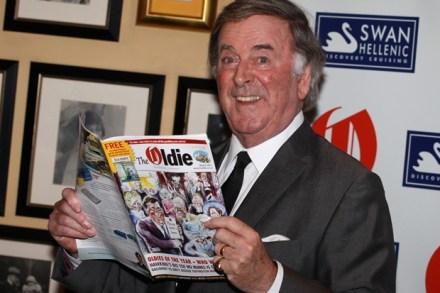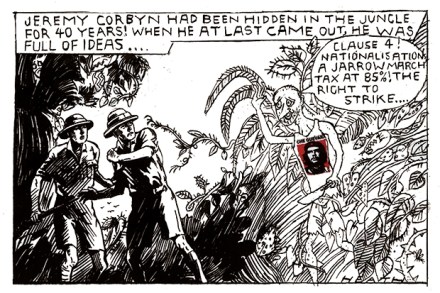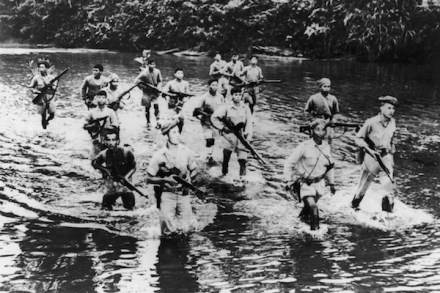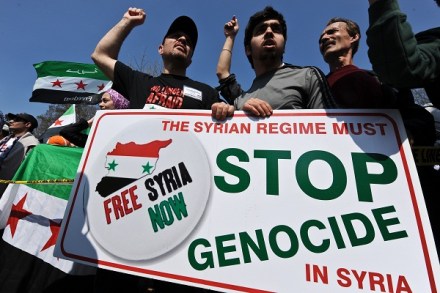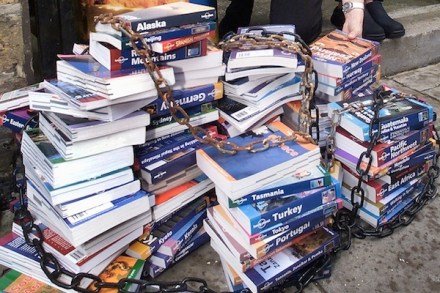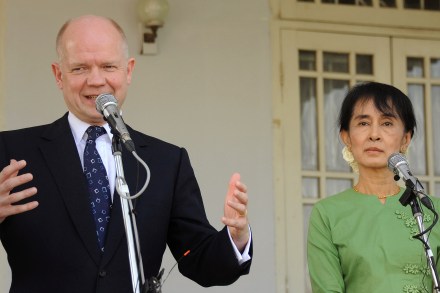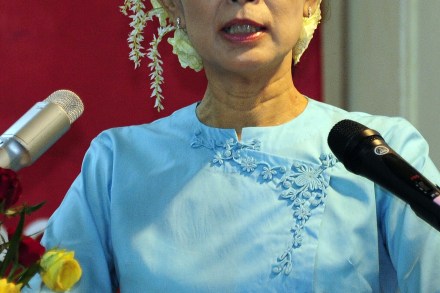Diary – 4 February 2016
There was a cloud over the ‘Oldie of the Year’ awards luncheon this week, which was the death only a few days earlier of Sir Terry Wogan. Readers of the Oldie must rank high among Wogan’s TOGs (‘Terry’s Old Geezers and Gals’), as he called his fans, not only because old geezers and gals are exactly what most of us are, but above all because he was for many years the chairman of the judges of these awards and the person who presided at their annual presentation ceremony at Simpson’s-in-the-Strand. Wogan’s words on these occasions — whimsical, sardonic, affectionate — captured perfectly the nature of old age: its mix of dignity, poignancy
